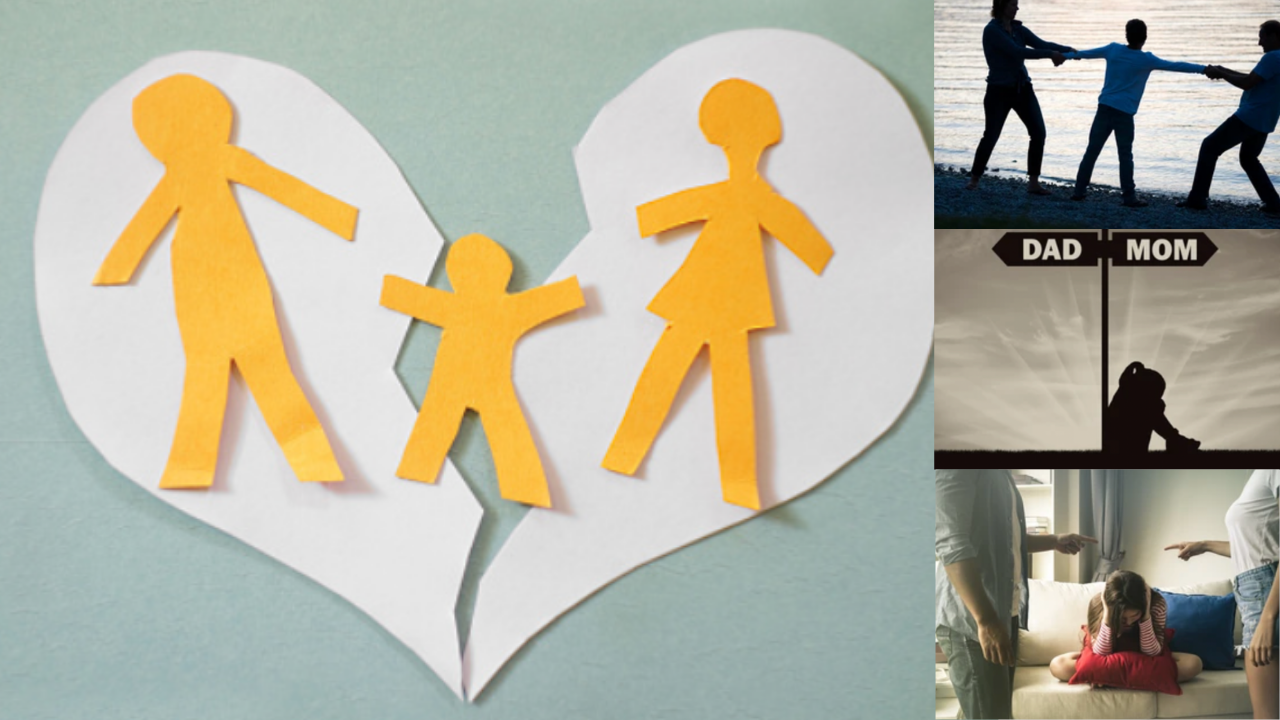Staying together for the kids/making the choice to separate
Staying together for the kids, it can feel like you’re stuck in a conundrum as you want your kids to grow up in a whole and happy family but you’re not happy yourself. You’re in a holding pattern wondering, when would be the best time to leave.
When couples describe “staying together because of the kids”, this is constraint commitment – the couple is staying together due to an external motivation, they are together for the kids. This is often not enough to sustain a relationship over the long run. What they lose touch of is their personal dedication, their internal motivation for staying together – they lose the connection in their relationship and it can feel like going day to day living with a roommate.
Unfortunately, there is no definitive answer of when to leave, that is for you to determine based on what is best for you and your children. It is possible for couples to rediscover their personal commitment to each other by working on their connection which often in these cases gets neglected or buried under conflict. Friendship is the foundation of healthy relationships, and when its lost there’s no longer a base to build a relationship on.
There are however some circumstances you should strongly consider leaving – abuse of any kind or ongoing conflict that impacts on you as a couple or adversely effects the children.
Abuse can be physical, psychological, financial or sexual, and it is never okay, whether the target is yourself or your children, either have an extremely adverse effect. For children, witnessing abuse of their parent can have as negative effect on them as being the target – it can cause trauma, impact on their development and lead to behavioural issues. Children need to be protected from any form of abuse.
Staying in an abusive relationship can give children the message that its okay to be abused by your loved ones. This can be where we see children grow up to repeat the same relationships that they saw their parents in, as it is normalised for these children and they can end up in abusive relationships themselves.
Some couples choose to stay together because they believe it’s better for their child to grow up in a family that is all together. However, a whole family doesn’t mean a healthy family. Truth is, children can adjust to separation, what they don’t adjust to is ongoing unresolved conflict – whether the family is whole or separate.
Children learn about relationships from their parents – what relationships look like, how to get along, how to manage conflict. When we struggle, so will our children.
But separation does not guarantee that conflict stops. Aside from overtly arguing in front of the child, post-separation conflict can take on many forms. Starting as simply as the explanation children are told about the reasons for separation also known as the separation story. A poorly formed separation story can expose children to adult issues and can inadvertently place them in the middle of conflict, having them question who the good parent is and who the bad parent is.
Other ways conflict can continue post-sepatation: putdowns (talking about the other parent unfavourably in front of the child), asking the children be a messenger (to pass on messages to the other parent in an attempt to avoid them, imagine asking a child to let their other parent know that they will be hearing from the lawyer, this is asking the child to carry a threat to the other parent, or demanding that the other parent contributes financially, the child not only is exposed to an adult issue, but also has to face the repercussions of the other parents response), quizzing kids (interrogating the child about the other parent and essentially recruiting them as a spy). All of these continue the conflict despite separation and places children in the middle.
Regardless of whether you choose to stay together or to separate, children want to love both parents equally, they hold the belief that they are half of one parent and half the other and they want to feel like they are a product of love. However, it’s hard to feel that way when there is ongoing unresolved conflict between their parents and children can internalise this as a problem with themselves – because after all, they are half and half. It can begin to impact their development as children spend their energy on trying to make sense of the conflict rather than spending that energy to live their own lives.
So, whether you choose to stay together or make the decision to separate, consider the impact on yourself and on your children. Know that a whole family is not necessarily a healthy family. Children can adjust to separation, they do not adjust to abuse or ongoing unresolved conflict. They learn how to be in relationship based on their parents relationship, whether together or separate.

